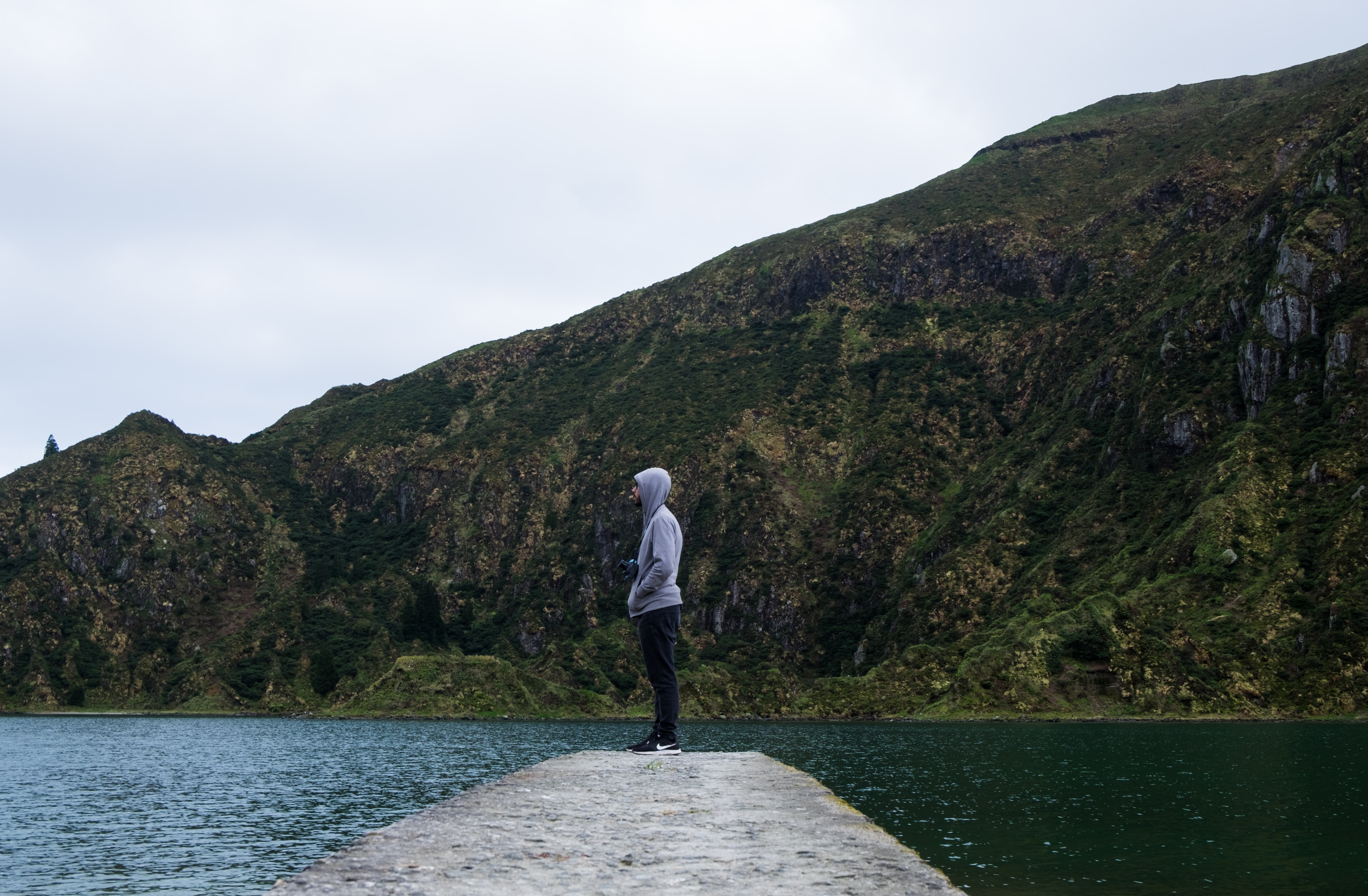My parents gave me a nickname when I was young: mini-Martha, named after my Type A, efficiency-obsessed aunt.
We shared common habits like filling our schedules with activities for self-improvement, and wanting vacations to be planned down to the minute.
Why then would I center my career around the idea of doing nothing?
It was an idea embraced by my first boss and one of the most innovative thinkers I know. We worked at a research and consulting firm, solving problems for Fortune 500 companies when it exceeded their capacity to do so.
A trained anthropologist, she taught me the art of ethnography: spend hours, even days, on end with little to no agenda just… observing. Observe the typical life of a subject. Observe how customers naturally interact in stores, on devices, with their friends.
Do nothing and suddenly insights, innovative ideas, and the best solutions come naturally.
With ethnography — like a fish in water — the more you went with the flow of the experience, the clearer everything became.
This method for being was a forced break from my hyper-planned daily life. But the more I saw results, the more I embraced doing nothing as the true way to innovative thinking.
Harvard Business School’s Clayton M. Christensen undertook a broad study on CEO innovation and arrived at this same conclusion:
Innovators engage both sides of the brain as they leverage the five discovery skills to create new ideas. Associating is like the backbone structure of DNA’s double helix; four patterns of action (questioning, observing, experimenting, and networking) wind around this backbone, helping to cultivate new insights.
Now, this is not to say we must shun the cult of busy entirely — taking idea to application often requires a different mindset.
But we’re so focused on being always-on, that much of the modern day business world — and the world in general — misses the forest for the trees.
We’re a society addicted to short-term results, a quantified and measured life (looking at you Apple Watch), and data that tells us the what but not the why.
The fact is that efficiency will hit a wall when we view it as a means and not an end — flip the equation and see that the lack of structure (with bounds) is actually more productive than constant measurement.

Keeping busy constantly is a sure recipe for maintaining the status quo.
This is something our clients realized and came to us for: A major gaming company hemorrhaging revenue among previously engaged consumers. A hyper-growth entertainment platform unsure where to best invest next.
In each case, we were approached for our outsider perspective and we, in turn, approached the problems without major pre-conceptions.
Zen buddhism had known about this trick of millennial, calling it beginner’s mind:
In the beginner’s mind there are many possibilities, but in the expert’s mind there are few.
The new products we rolled out to clients, the improved storylines, the better user experience — all of these were birthed from doing nothing but observing.
Why?
Innovative breakthroughs come from connecting seemingly disparate ideas.
We let insightful connections come to us. We do not logic our way into them.
This is why Netflix’s recommendation engine — as precise as it is — will never be as powerful as somehow seeing a truly random film and unexpectedly end up loving.
When we are intent on directing the story of our life at every moment, we end up with an uninspiring narrative where the past is always prologue.
The idea of true creativity can become elusive.
Doing nothing is a practice we can benefit from taking into our everyday life.

Walk down a random street and simply noticing — a piece of street art, an interesting outfit, the way two strangers interact. No objective. Just wander.
When our self-directing mind has a chance to rest, we pick-up on more and we build a fertile foundation for creativity to strike.
I’ll borrow another page from Buddhism on this one. In Zen Buddhism, great insights are learned through seemingly mundane tasks: meditate on a paradoxical Koan or just… peel potatoes.
You want spiritual insight? Don’t think about spirituality while peeling potatoes. Simply… peel the potatoes.
Indeed, it’s healthy to give ourselves time with no set objective, but it’s also damn productive.
That’s the great irony for those of us (hand raise) naturally inclined towards goal setting and achieving, AKA “Type A’s.”
Give yourself a break and take a break.
I mean it.
- Watch the sunset (perhaps without the distracting entertainment from a glass of wine).
- Drop into an unfamiliar art gallery.
- Pick up a magazine on a topic you’ve never heard of.
It might just be the most useful moment of your life.


